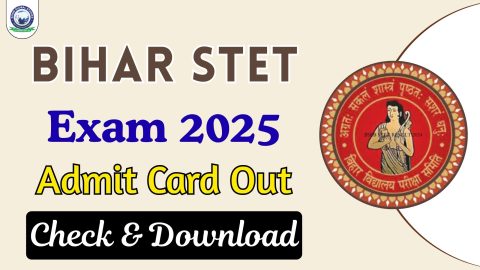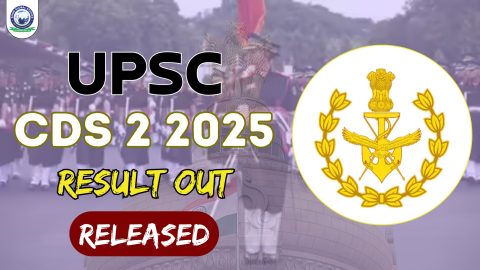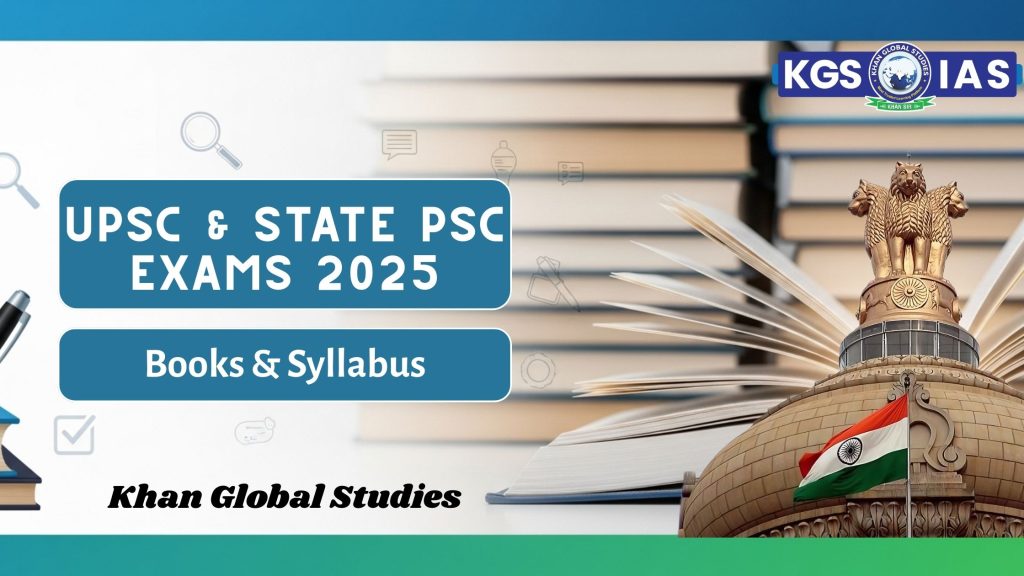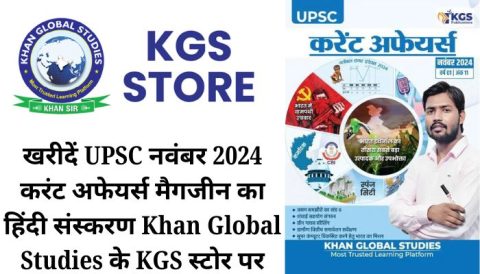Embarking on a career in public service through the Union Public Service Commission (UPSC) or a State Public Service Commission (PSC) is a journey of ambition, dedication, and immense reward. These examinations are the gateway to some of the most prestigious and impactful roles within the Indian government, offering a unique opportunity to contribute to the nation’s development.
For millions of aspirants, these exams represent a lifelong dream. However, the path to success is notoriously challenging, demanding a clear strategy, deep subject knowledge, and unwavering perseverance. This guide will provide a comprehensive overview of the UPSC and State PSC exams, outlining the key differences, the structure of the examinations, and the essential steps you need to take to begin your preparation journey. By understanding the landscape of these competitive exams, you can build a solid foundation for success.
Understanding the Landscape: UPSC vs. State PSC
While both UPSC and State PSCs recruit for government positions, they operate at different levels and have distinct characteristics.
UPSC (Union Public Service Commission)
The UPSC is India’s central recruiting agency. It is responsible for conducting examinations for appointments to All India Services (like IAS, IPS) and Central Services (Group A and Group B). A career through UPSC offers a broad, national canvas, with officers often working across different states and contributing to policy-making at the highest levels.
Key Features of UPSC Exams:
- National Scope: Officers can be posted anywhere in the country.
- Broad Syllabus: The syllabus covers a vast range of subjects with a focus on national and international issues.
- Higher Competition: As a nationwide exam, it attracts a massive number of candidates, making the competition incredibly intense.
- Service Diversity: It is the gateway for a wide array of services, including the Indian Administrative Service (IAS), Indian Police Service (IPS), and Indian Foreign Service (IFS).
State PSC (Public Service Commission)
Each state in India has its own Public Service Commission, such as the BPSC (Bihar), UPPSC (Uttar Pradesh), and MPPSC (Madhya Pradesh). These bodies recruit candidates for civil service jobs at the state level. Working through a State PSC means your career will be focused within that particular state, dealing with local governance, administration, and regional challenges.
Key Features of State PSC Exams:
- State-Level Focus: Service is generally confined to the parent state.
- Regional Syllabus: In addition to general subjects, the syllabus includes specific content related to the state’s history, geography, culture, and economy.
- Language Proficiency: Knowledge of the local language is often a requirement or an advantage.
- Relative Competition: While still highly competitive, the number of applicants is typically lower than for the UPSC exams.
The Three-Stage Examination Process
Both UPSC and most State PSC exams follow a similar three-stage selection process designed to rigorously test a candidate’s suitability for a career in civil services.
Stage 1: Preliminary Examination (Prelims)
The Prelims is the first hurdle and acts as a screening test. It consists of objective, multiple-choice questions designed to filter candidates for the next stage. The marks obtained in this stage are not counted towards the final merit list, but you must clear the cut-off to proceed.
- UPSC Prelims: Typically includes two papers: General Studies (GS) Paper I and the Civil Services Aptitude Test (CSAT) or GS Paper II. The CSAT is qualifying in nature, meaning you only need to score a minimum percentage (currently 33%).
- State PSC Prelims: The structure can vary. Most have a General Studies paper, and some may have a second paper focused on aptitude or a specific subject related to the state.
Stage 2: Mains Examination
This is the most critical stage of the selection process. The Mains exam is descriptive, consisting of several essay-based papers that require in-depth knowledge and strong analytical and writing skills. The marks obtained here are a major component of your final score.
- UPSC Mains: Comprises nine papers, including an essay, several General Studies papers, two papers on an optional subject chosen by the candidate, and two qualifying language papers.
- State PSC Mains: The pattern is similar but tailored to the state. It will include General Studies papers with a focus on state-specific issues, an essay, and often language papers. Some states also have optional subjects.
Stage 3: Interview / Personality Test
Candidates who clear the Mains are summoned for the final stage: the Personality Test or Interview. This is not just a test of knowledge, which has already been assessed in the Mains. Instead, a board of experts evaluates a candidate’s mental alertness, critical thinking, leadership qualities, social traits, and overall suitability for a career in public service.
Crafting Your Preparation Strategy
Success in these exams requires a long-term, disciplined approach. Here’s how you can begin your journey.
Understand the Syllabus Thoroughly
The first and most important step is to read and understand the syllabus for the exam you are targeting. Break it down into subjects and topics, and use it as the blueprint for your entire preparation. Khan Global Studies provides detailed syllabus breakdowns for both UPSC and various State PSCs.
Build a Strong Foundation with NCERTs
NCERT textbooks from Class 6 to 12 are considered the foundation for civil services preparation. They are written in simple language and provide the basic knowledge required for nearly every subject on the syllabus, from history and geography to polity and economics.
Stay Updated with Current Affairs
Current affairs are the backbone of both the Prelims and Mains exams. You must cultivate a daily habit of reading a quality newspaper and a monthly current affairs magazine. This will not only help you score well but also develop a broader perspective on key issues.
Practice is Paramount
Regular practice is non-negotiable. This involves:
- Solving Previous Year Questions (PYQs): This helps you understand the exam pattern and the nature of questions asked.
- Answer Writing for Mains: The Mains exam is all about how well you can articulate your knowledge. Regular answer writing practice is essential to develop speed, structure, and clarity.
- Mock Tests: Enrolling in a good test series is crucial for simulating exam conditions, managing time effectively, and identifying your weak areas.
Conclusion
Navigating the complexities of the UPSC and State PSC exams can feel overwhelming, but you don’t have to do it alone. A structured approach under expert guidance can make a significant difference.
At Khan Global Studies (KGS), we offer specialised courses tailored to meet the needs of every aspirant. Our foundation batches for UPSC, BPSC, UP-PSC, and MP-PSC are designed by expert faculty to cover the entire syllabus in a comprehensive manner. With interactive learning methods, high-quality study materials, and a focus on both knowledge and strategy, we provide the support system you need to turn your aspirations into reality.
Explore our courses and join a community of dedicated learners on the path to a distinguished career in public service.





